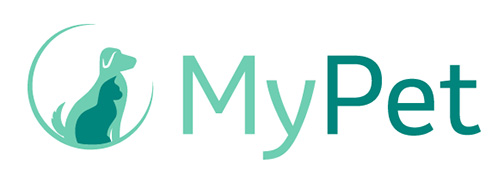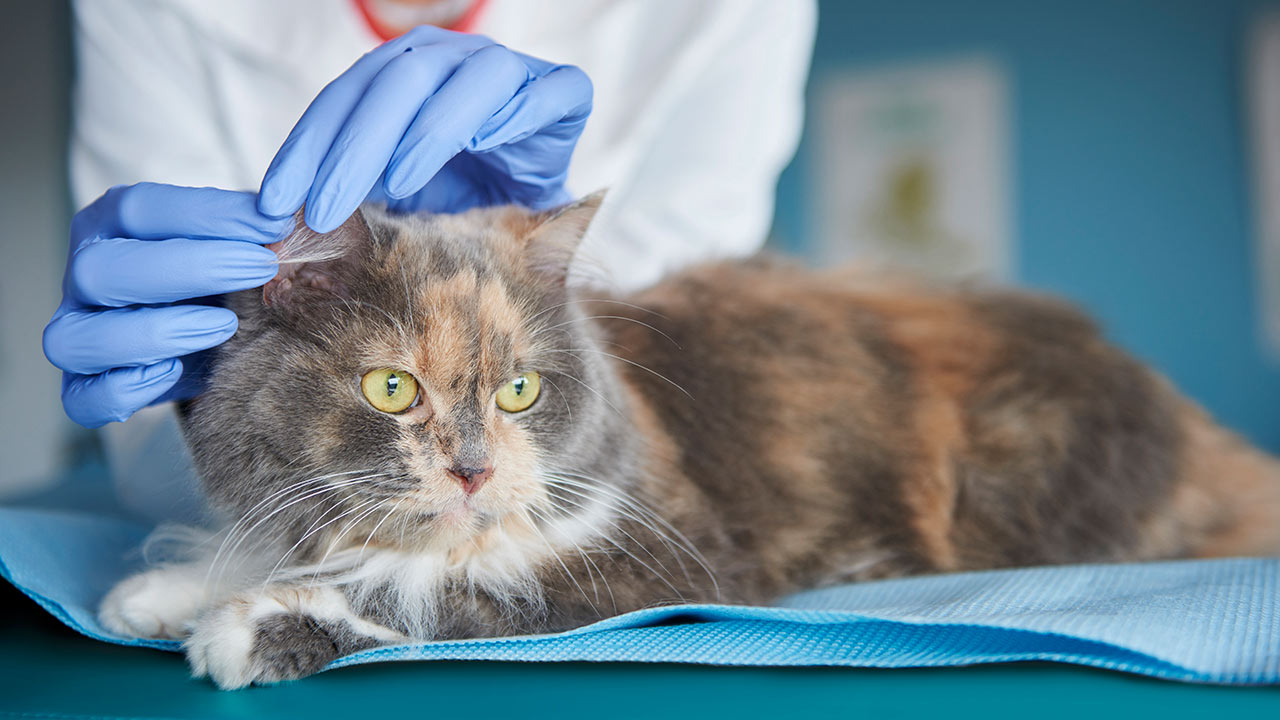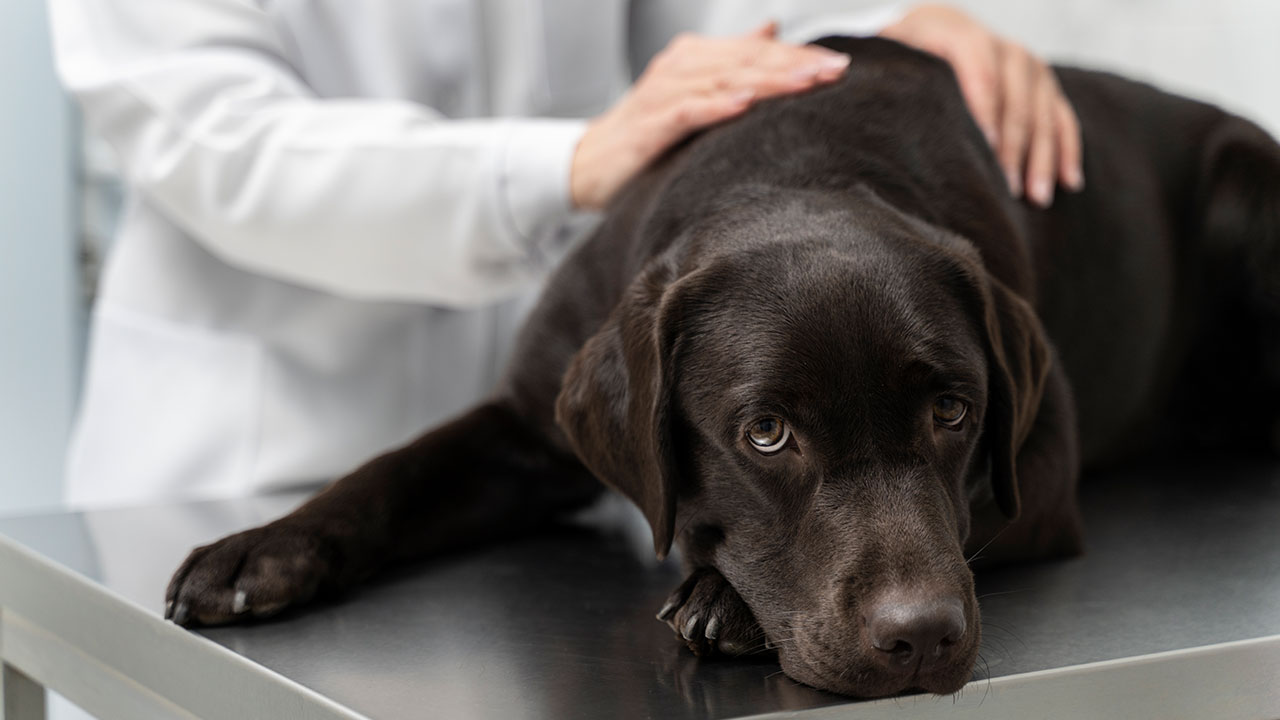The most important thing that you can do to keep your dog or cat happy and healthy is to protect them from the threat of serious, sometimes fatal, diseases. Vaccines save lives. The vaccination needs of every dog and cat do differ, but there are guidelines that you can follow to make sure that your best friend stays up-to-date. Routine visits with your veterinarian are the only way to maintain a consistent schedule. Your veterinarian will be able to asses your dog’s or cat’s individual vaccination needs. Effective vaccination routines depend upon your dog’s or cat’s life stage and lifestyle. For instance, puppies require a series of vaccinations, while older, vaccinated dogs require periodic boosters; dogs and cats who travel the world require protection where those who stick close to home and rarely venture out do not. Your veterinarian will know what types of vaccinations your furry friend needs to stay protected from the threat of infectious disease.
Your veterinarian will outline the core and noncore vaccines necessary to help your dog or cat stay healthy. Core vaccines are considered essential. Non-core vaccines are vaccines recommended to protect your dog or cat against diseases that are present in specific environments or lifestyles.
VACCINE SCHEDULE FOR DOGS
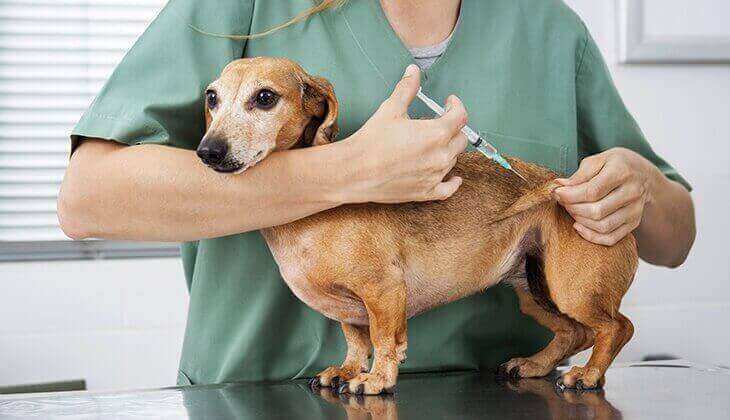
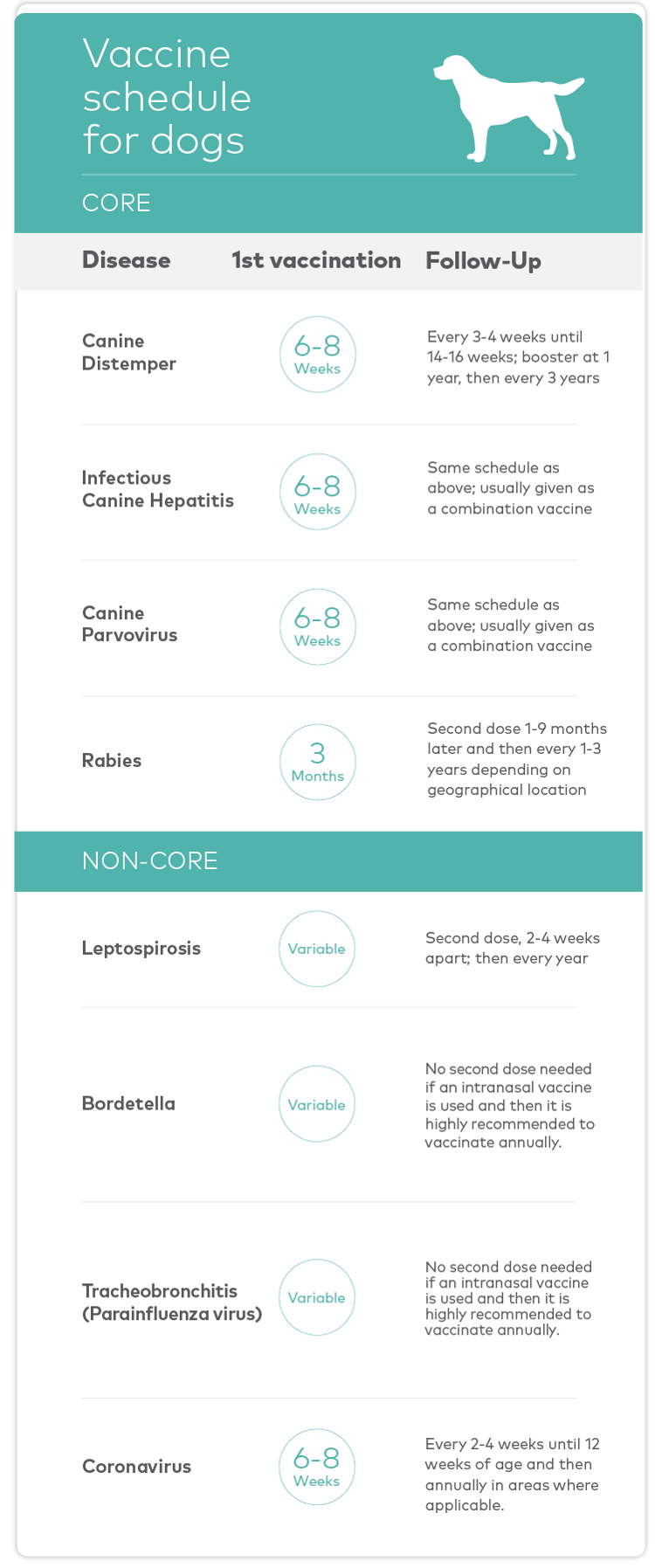
The core vaccines for puppies and unvaccinated dogs include vaccines for Canine Distemper Virus, Canine Parvovirus, Infectious Canine Hepatitis and Rabies. Non-core vaccines include Leptospirosis, Bordetella and Canine Tracheobronchitis (Parainfluenza virus).
VACCINE SCHEDULE FOR CATS
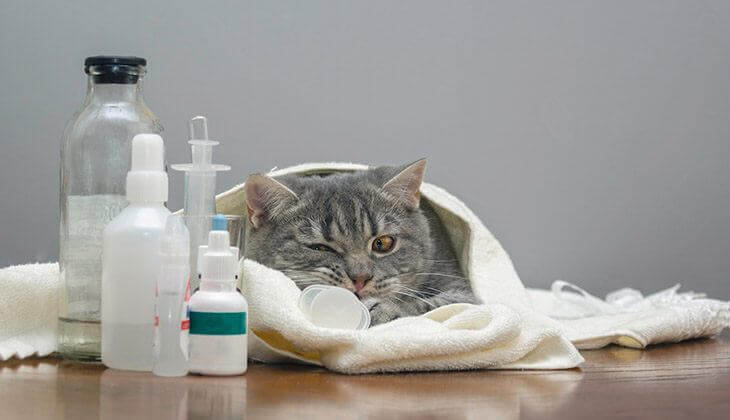
The core vaccines for kittens and unvaccinated cats include Feline Panleukopaenia, Feline Viral Rhinotracheitis, Rabies, and Feline Calicivirus. The non-core vaccines include Feline Leukaemia (FeLV), Chlamoydophila and Bordetella. Kittens and adult cats have different vaccination needs, as noted in the chart below.
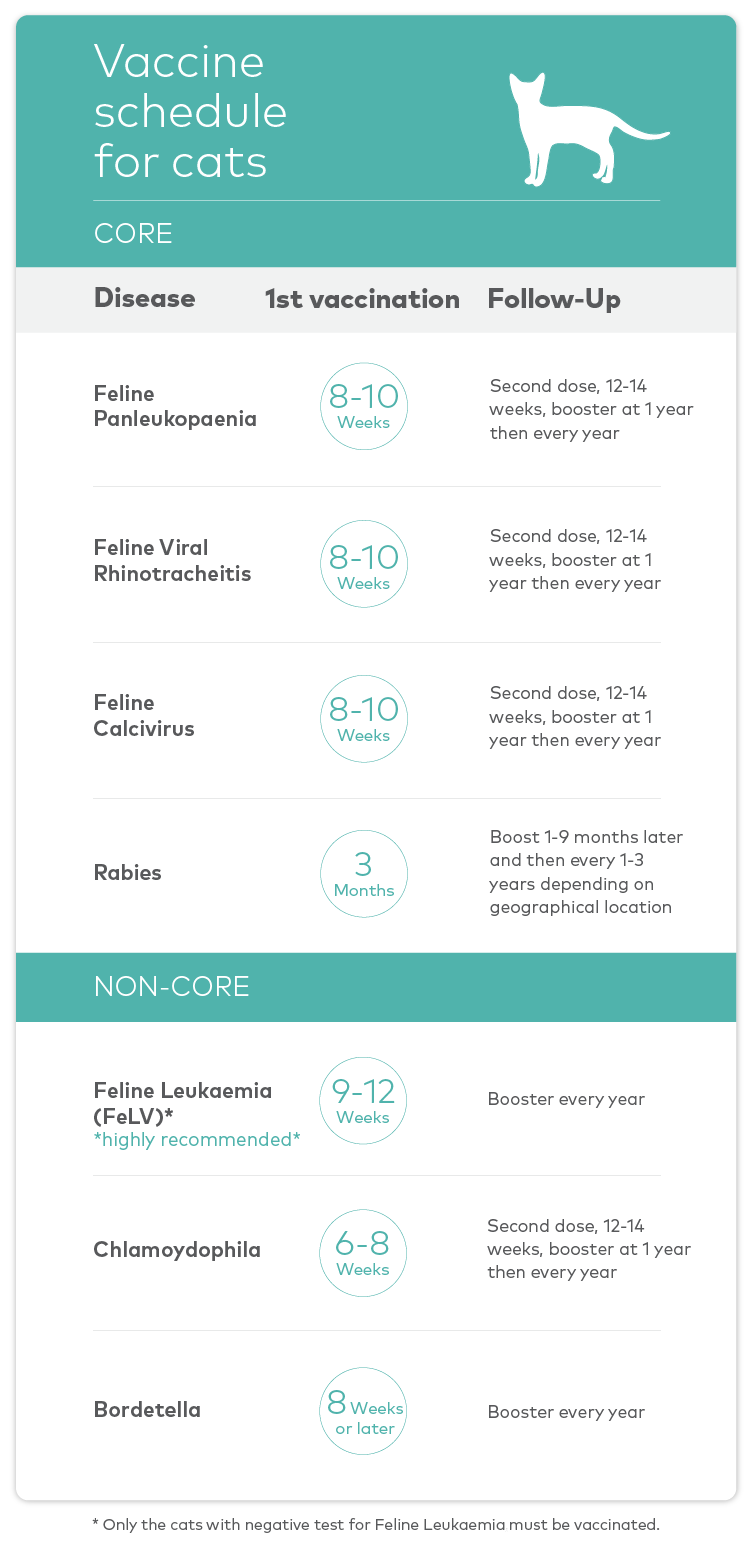
Proof of vaccination is essential when traveling with your buddy and utilizing day or long-term boarding facilities. You’ll also want to keep a record handy so that you know what boosters to expect at your annual vet visit. The good news is that once your furry friend is vaccinated, you can rest easy knowing that he or she is protected. Just keep in mind that if you opt-out of a noncore vaccine and something in your dog’s or cat’s lifestyle changes, for example, they need to board, it would be a good idea to follow-up with your vet to find out exactly what type of protection they need.
Your veterinarian plays a big role in your pet’s health. Input your location information and get a list of veterinarians near you.
Find A Vet Near Me